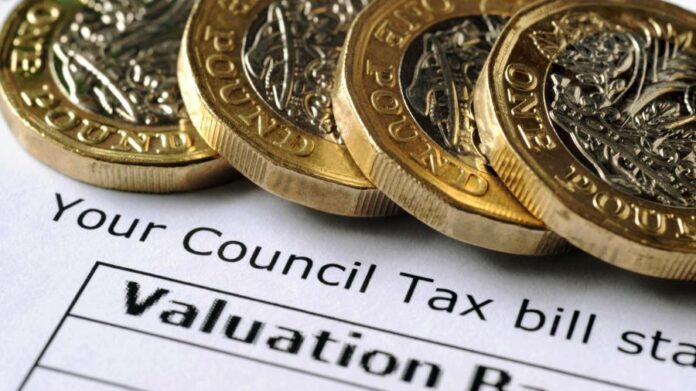Millions of people face a bigger jump in council tax bills next year as a result of an announcement in the Autumn Statement — but local authorities warned this would not plug a looming hole in local government finances.
Labour accused Jeremy Hunt of seeking to make councils “take the blame” for a new round of austerity after the chancellor gave authorities permission to lift council tax faster.
Until now councils were prevented from raising annual council tax by more than 2.99 per cent without a local referendum.
However, Hunt has given the green light to local authorities to automatically raise the levy — which is paid according to the size of a home — by up to 4.99 per cent.
Rachel Reeves, shadow chancellor, said the government was “forcing” councils to raise council tax, with the typical band D family home now paying more than £2,000 a year for the first time.
“Local people . . . will be forced to pay more because of the destruction that the Tories have wreaked on our economy at a time when councils are already in dire straits because of a lack of support from central government,” she said.
“Now, they probably sat around their table in Downing Street, thinking this was some clever trick: make the councils take the blame.”
James Jamieson, chair of the Local Government Association, said the policy would not on its own solve “the long-term pressures facing services — particularly high-demand services like adult social care, child protection and homelessness prevention. It also raises different amounts of money in different parts of the country unrelated to need and adding to the financial burden facing households.”
In Salford, the 16th most deprived authority in the country, an increase of 5 per cent — rather than 3 per cent — would raise £2mn, said the city’s mayor Paul Dennett. This compared with £14mn in wealthier Surrey.
Patrick Melia, finance lead at the Society of Local Authority Chief Executives, warned the mechanism was “a hugely imprecise” way of increasing revenue “that will raise wildly varying amounts across the country”. “There are very few savings options left,” he added. “You can’t cut services twice.”
Tim Oliver, chair of the County Councils Network, added that a reduction in planned funding growth from 2025 could be “extremely difficult” for local services, which were already under immense pressure.
“Unless government addresses inflation next year, and the economy picks up before 2025, councils’ funding shortfall will grow year-on-year and become unsustainable.”
Rebecca McDonald, chief economist for the Joseph Rowntree Foundation, said families faced a “frightening obstacle course just to afford the essentials” this winter. “Rises in council tax, food and rents are all looking insurmountable for large swaths of the population,” she said.
Jonathan Carr-West, chief executive of the Local Government Information Unit, said the Autumn Statement offered “limited respite” for councils. “Well-run councils will fail unless something changes,” he said.
Allowing authorities to lift council tax was a “regressive tax which will hit the poorest the hardest and shift political liability from central to local government”, he added.






